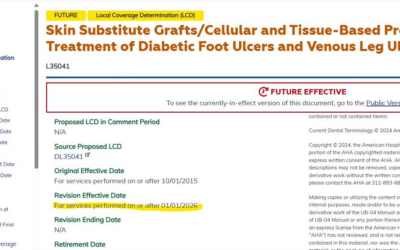Prior authorization (PA) is costly, inefficient and responsible for patient care delays. The existing processes create significant administrative burdens. On January 17th, 2024, The Centers for Medicare and Medicaid (CMS) released its final rule on Prior Authorization (CMS-0057-F). It contains 3 big changes. Keep in mind that CMS rules only apply to government-regulated health plans. Those plans include:
- Medicare Advantage
- Medicaid
- Children’s Health Insurance Program
- Medicaid managed care plans
- Health plans on federally facilitated exchanges
Here are the 3 main changes to Prior Authorization enshrined in the Final Rule:
- Shorter Time Frames: CMS will be shortening time frames for prior authorization decisions. Starting in 2026, payers will be required to provide a decision within 72 hours for expedited or urgent requests, and within seven calendar days for a standard request.
- More Transparency: Beginning in 2026, insurers will be required to share explanations of why prior authorization requests are denied. Metrics about how often insurers approve or deny prior authorization requests will also be made publicly available, creating more transparency and accountability in the process.
- Requirement to support an Electronic PA process inside the EHR: Starting in 2027, plans will be required to support an electronic prior authorization process that is embedded within a physician’s EHR. That change will bring automation and efficiency to what is currently a manual, and oftentimes time-consuming process.
Separate from the CMS process, more than 17 states have adopted comprehensive prior authorization reforms. Additionally, more than 70 different prior authorization bills of various types in more than 28 states have already been introduced at the state level this year. These initiatives are evidence of widespread frustration on the part of patients and physicians.
Here’s the Fact Sheet provided by CMS.
…and the Interoperability and Patient Access Final Rule FAQs.





